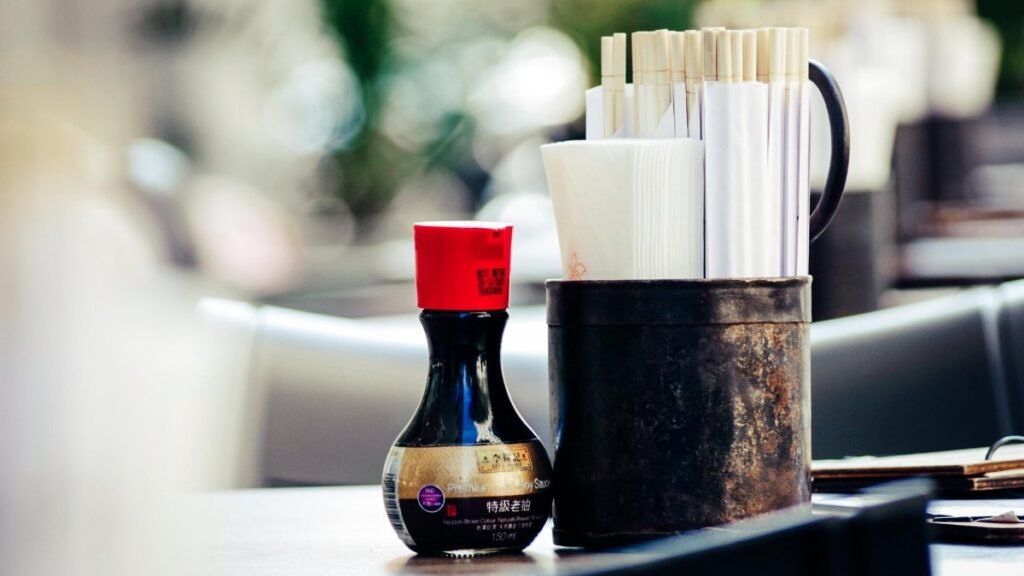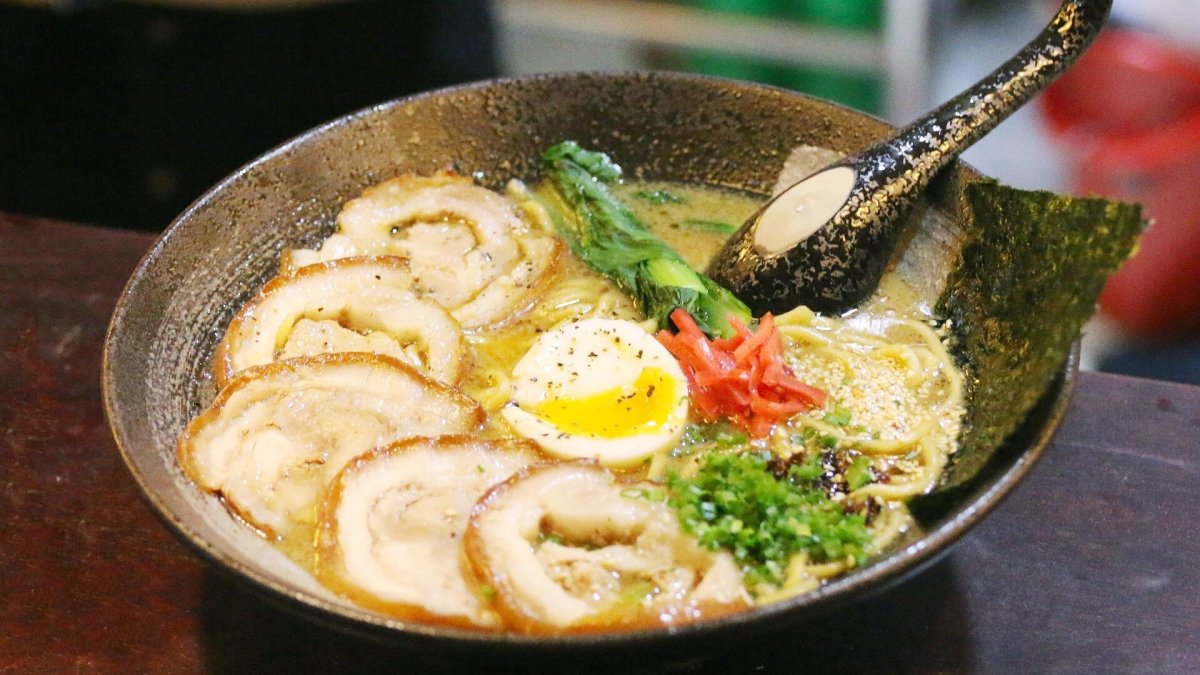In Japan, ramen noodles are part of the culture. You will find them everywhere from convenience stores to vending machines and countless restaurants.
When it comes to restaurants, you have your small stands that might make just one dish, but draw a huge line all the way around the corner. In other cases, higher-end locations offer multiple broths and different variations.
Related: Target will soon cut a major section customers love from stores
Ramen is an affordable dish, but it’s also one that could be labored over. There are hundreds, perhaps thousands, of different recipes for the beloved noodle soup.
Americans don’t broadly know ramen in its elevated form. They either think of it as the little packets with the brick of noodles from the supermarket that college kids have to eat because they have no money, or the noodle soup with the whole boiled egg.
Our culture does not revere ramen the way Japanese culture does. In the U.S., it’s an oddity, or something the cool kids eat, not something you can find literally everywhere.
Still, it has become a more common offering alongside sushi at Japanese restaurants, and standalone ramen restaurants are common in New York, and other big cities.
Image source: Pixabay
Beloved Tokyo Ramen shop struggles in U.S.
Afuri Ramen has a very simple goal. It wants to bring “some of Japan’s best ramen” to the United States.
It has started doing that by launching three restaurants in the Pacific Northwest (Portland), two in Los Angeles, and one each in Houston, Texas, and Brooklyn, New York.
It closed its Old Town Portland location on Jan. 8 and just closed a second Portland location. It shared a message about that on its Instagram page:
“To our friends across the Portland Metro, it is with a heavy heart that we must announce the closure of our Beaverton location, effective immediately, on August 7th, 2025.
This decision was not made lightly, but despite our best efforts and the support of our community, we can no longer continue to operate at our location in Beaverton.
We thank you all for the wonderful opportunity to serve Beaverton from this location for the past five years, and we hope to continue to see you at our other local locations.”
The company has not shared why it closed the locations. Fans of the brand were not happy at the news.
“Nooooooo! Hate to see you go. This was the perfect location for me. You will be missed!! Looks like I’ll have to start going back to Portland,” Leannationall shared on Intagram.
Chicknnick was more specific in his praise.
“NOOO, you will be missed! Ty for the great tsukemen,” he wrote.
Afuri wants to make ramen global
Afuri operates locations in Canada, Hong Kong, and Singapore.
Its simple mission is to bring Tokyo-style ramen all over the world
“Bringing flavors direct from Tokyo, some of Japan’s best ramen, to your city along with traditional and modern Japanese food made with fresh high-quality ingredients and elevated technique,” it posted on its website.
The chain describes its ramen in a simple way.
“Light crisp flavors with a balance of depth and richness define the Afuri ramen experience. Our broth is packed with naturally derived umami and layered aromatic flavors from fresh high-quality ingredients,” it added.
Afuri also makes its ramen with all-natural ingredients.
“All of the food is prepared without the use of artificial ingredients such as: coloring agents, artificial preservatives, synthetic flavor enhancers, and more. A constant effort is made to bring out rich flavors through the use of safe, high quality, natural ingredients,” the company shared.
Afuri-style ramen recipe
Afuri is one of Tokyo’s most famous ramen restaurants.
“Their signature ramen is the Yuzu Shio style of ramen (yuzu is a type of Japanese citrus, and ‘shio’ is the Japanese term for salt),” shared Malaysian-Australian chef and Masterchef Australia winner Adam Liaw.
Liaw has the full recipe on his website.
“This isn’t intended to be a copycat recipe, but I think it’s useful to have a guide to work toward when experimenting with ramen, to see how the process of making each of the elements of ramen can lead you toward a specific result,” said Liaw.
Making ramen, it should be noted, is not for the faint of heart.
Related: Troubled trucking company closes after 40 years, no bankruptcy


















